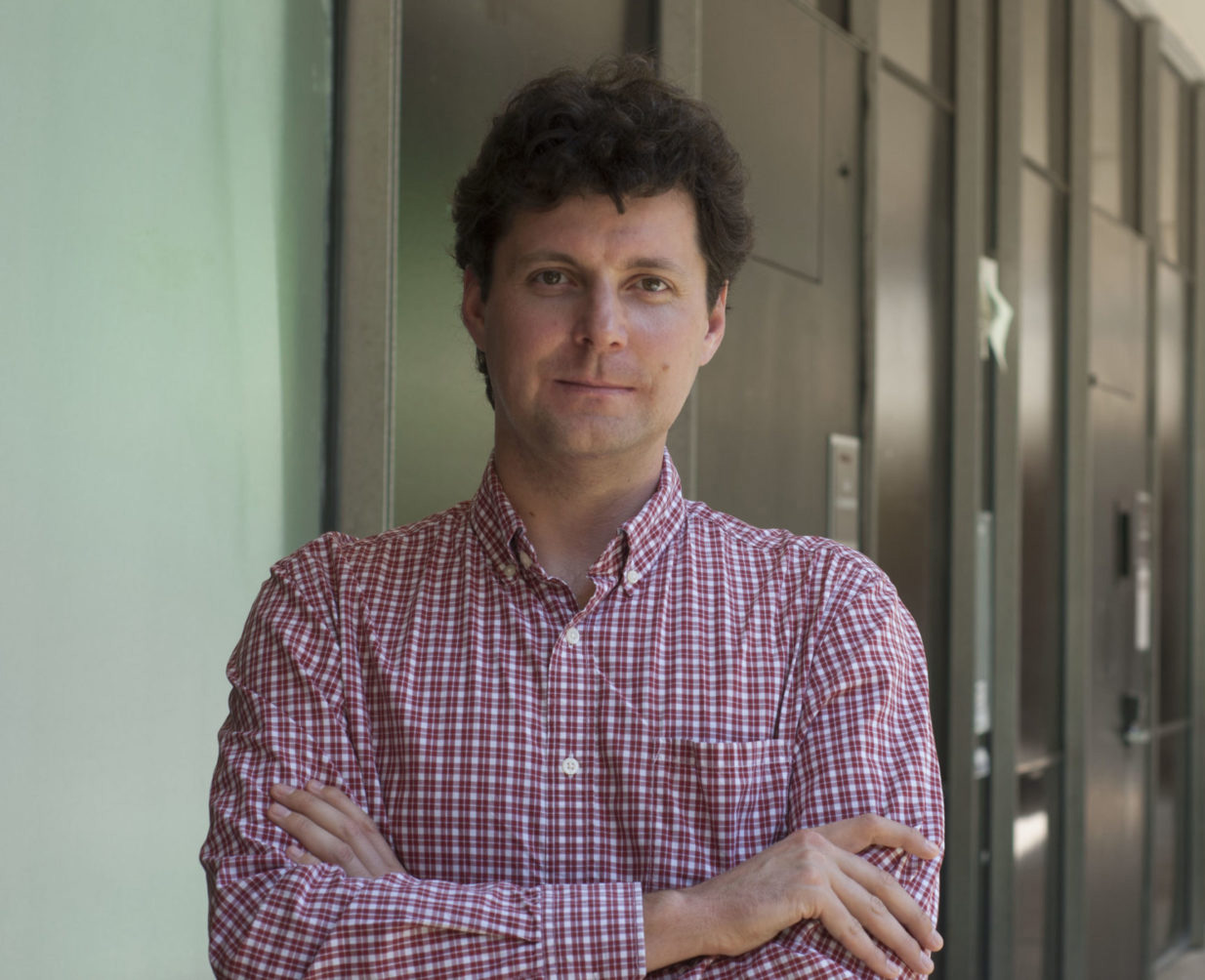Abstract
This cross-disciplinary research proposes a patient-specific cost-saving approach to the design and optimization of healthcare cyber-physical systems (HCPS). The HCPS computes the patient's physiological state based on sensors, communicates this information via a network from home to hospital for quantifying risk indices, signals the need for critical medical intervention in real time, and controls vital health signals (e.g., cardiac rhythm, blood glucose). The research proposed under the HCPS paradigm will treat the human body as a complex system. It will entail the development of mathematical models that capture the time-dependence and fractal behavior of physiological processes and the design of quality-of-life (QoL) control strategies for medical devices. The research will advance the understanding of the correlations between physiological processes, drug treatment, stress level and lifestyle.
To date, the complex interdependence, variability and individual characteristics of physiological processes have not been taken into account in the design of medical devices and artificial organs. The existing mathematical approaches rely on reductionist and Markovian assumptions. This research project will rethink the theoretical foundations for the design of healthcare cyber-physical systems by capturing the interdependencies and fractal characteristics of physiological processes within a highly dynamic network. To establish the theoretical foundations of HCPS, a three-step approach will be followed: (i) construct a multi-scale non-equilibrium statistical physics inspired framework for patient modeling that captures the time dependence, non-Gaussian behavior, interdependencies and multi-fractal behavior of physiological processes; (ii) develop adaptive patient-specific and physiology-aware (multi-fractal) close-loop control algorithms for dynamic complex networks; (iii) design algorithms and methodologies for the HCPS networked components that account for biological and technological constraints. This research will significantly contribute to early chronic disease detection and treatment. Models and implementable algorithms, which can both predict physiological dynamics and assess the risk of acute and chronic diseases, will be valuable instruments for patient-centered healthcare. This in-depth mathematical analysis of physiological complexity facilitates a transformative multimodal and multi-scale approach to CPS design with healthcare applications.
The project not only addresses the current scientific and technological gap in CPS, but can also foster new research directions in related fields such as the study of interdependent networks with implications for understanding homeostasis and diseases and the study and control of complex systems. The cyber-physical systems designed under this newly proposed paradigm will have vital social and economic implications, including the improvement of QoL and the reduction of lost productivity rates due to chronic diseases. The project will offer interdisciplinary training for graduate, undergraduate and K-12 students. The PI will integrate the research results within his courses at University of Southern California and make them widely available through the project website. Moreover, the PI will enhance civic engagement by involving college and K-12 students in community outreach activities that will raise awareness of the important role of health monitoring.
Performance Period: 05/15/2015 - 04/30/2020
Institution: University of Southern California
Sponsor: National Science Foundation
Award Number: 1453860
